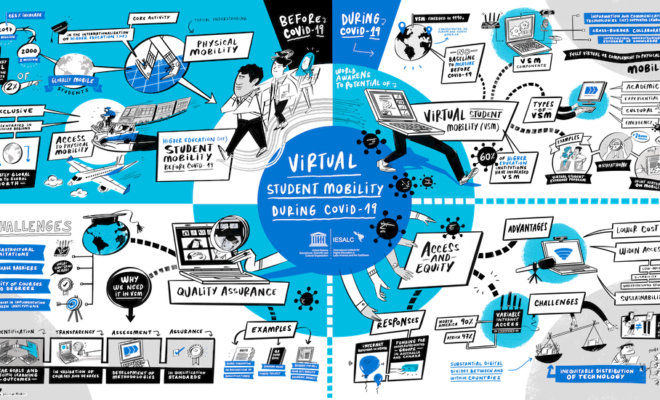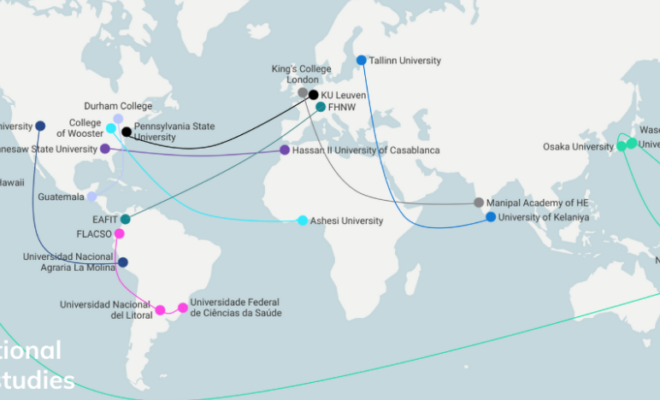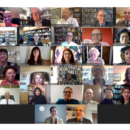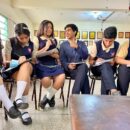Presenting Virtual Student Mobility in a Virtual Poster
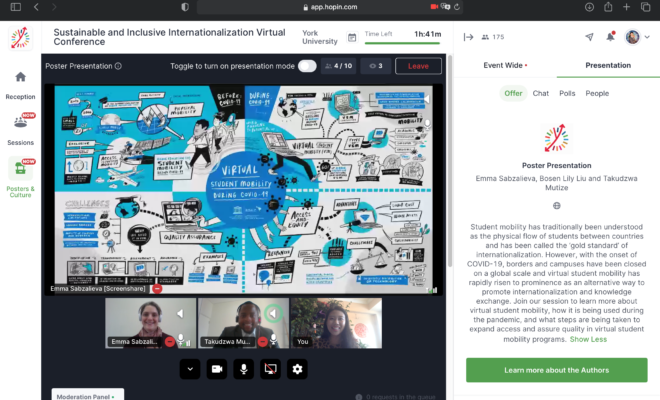
By Bosen Lily Liu and Takudzwa Mutize | International student mobility in higher education is increasingly being challenged by global geopolitical tensions, economic strains, climate change concerns, systemic racism and a global pandemic – COVID-19. This has prompted higher education players to question whether this is the decline of the internationalization of higher education as we know it or the beginning of a new era complete with new models of practice.
In this context, York University in Toronto, Canada, hosted a virtual conference titled Sustainable and Inclusive Internationalization: Reimagining Approaches in Higher Education in an Era of Global Uncertainties from 20 – 22 January 2021, with the overall objective of building an understanding of the evolving status of mobility in international higher education and beyond.
The conference attracted more than 600 participants from all continents which included a diverse range of higher education stakeholders: students, researchers, rectors, policymakers, practitioners, mobility experts and coordinators responsible for international services and exchange programs.
The conference was held under six themes:
- International mobility in practice: institutional, national, and regional responses.
- Greening student and scholar exchange: Concrete ideas and practices.
- Assessment of intercultural development in mobility programs.
- Mobility programs beyond academics: global and community engagement.
- Inclusive student exchanges and experiences.
- Leveraging technology and digital learning: Can we experience “abroad online”?
These are themes that resonate closely with ongoing projects at UNESCO-IESALC. At the conference, the research and analysis team comprised of Emma Sabzalieva, Bosen Lily Liu and Takudzwa Mutize, took the opportunity to communicate early findings from their research with a presentation titled Virtual Student Mobility in Higher Education During COVID-19.
Our presentation, which was backed up by an illustrated poster and short video, first explores the definition and types of virtual student mobility (VSM) alongside with its development from the traditional modality of physical mobility. We further explained access and equity issues in VSM, including the debate of whether involving ICT has widened the gap of students’ participation or reduced the challenges to include more students from disadvantaged backgrounds.
We also addressed the issue of quality assurance in understanding the monitoring and evaluation process for VSM programs in order to further reach global understanding and potentially global recognition of VSM programs.
How the pandemic would shape VSM and higher education in general remains unknown to all of us; yet it is never too early to start addressing concerns we already see from current development in this topic.
We invite you to view our poster and video presentation and to join our conversation on the future of VSM.
In our conversations with conference delegates, we were prompted to further our ongoing research on inclusion and access in VSM and consider how it can cater for learners with special needs such as the blind, the deaf and those with autism. We also plan to investigate how it can be inclusive for refugees who may not have access to information about such programs or may not have the necessary documentation to participate.
Other questions that were posed during parallel sessions concerning VSM were: Are universities ready to challenge their business model which has become premised on physical student mobility? What is the ‘right’ form of mobility, and is it for knowledge exchange or international experience? What about mobility for staff and not only students? How do we assess the value for these programs in terms of the skills and attitudes students gain from participating in VSM?
The conference concluded by participants adopting the Toronto 2021 Declaration on responsible mobility in higher education which addressed issues of inclusive globalization and sustainability.
Picture: A snapshot of UNESCO-IESALC virtual student mobility project team members, Emma Sabzalieva, Takudzwa Mutize and Bosen Lily Liu, presenting the animation poster at the Sustainable and Inclusive Internationalization Conference.
RELATED ITEMS


